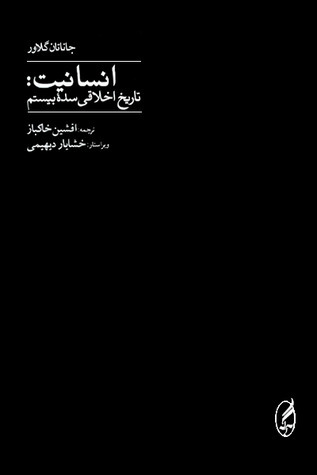What do you think?
Rate this book


692 pages, Hardcover
First published January 1, 1999
[...] another American massacre of Japanese survivors in lifeboats provoked a letter of moral criticism, which was published. Many of the replies to that letter claimed that Japanese atrocities justified the massacre. One reader wrote of 'killing a helpless rattlesnake'. Another had 'thoroughly enjoyed' reading about the slaughter'. Another said that a 'good old American custom I would like to see is nailing a Jap hide on every "backhouse" door in America'.
To imagine a meeting between them, with Heidegger glancing at Hitler's marvellous hands and talking about the unity of the outside-of-itself in the raptures of the future, is to be reminded how easily the Führer was moved to rage. That the two men did not meet is one of surrealism's great losses in the twentieth century.
The widespread enthusiasm even now for capital punishment seems to reflect something more than a concern to reduce crime rates. When capital punishment was the law in Britain, there were about five applications a week for the post of executioner.